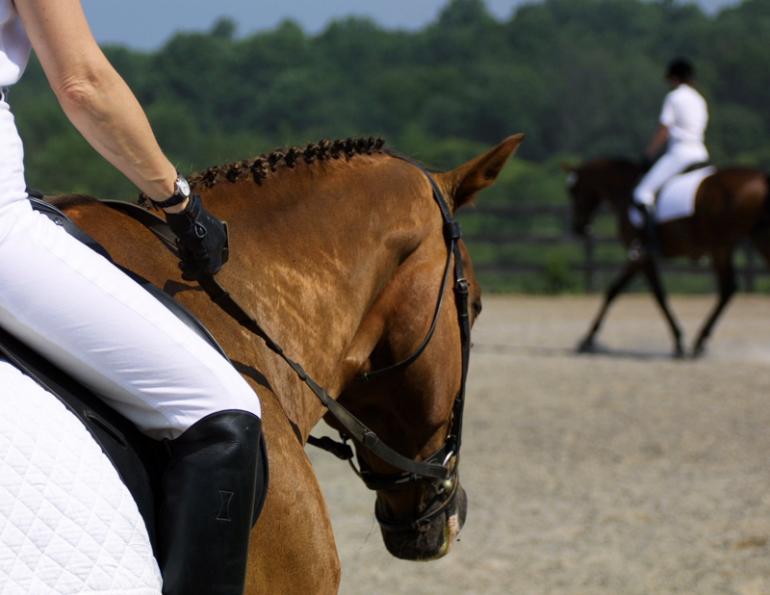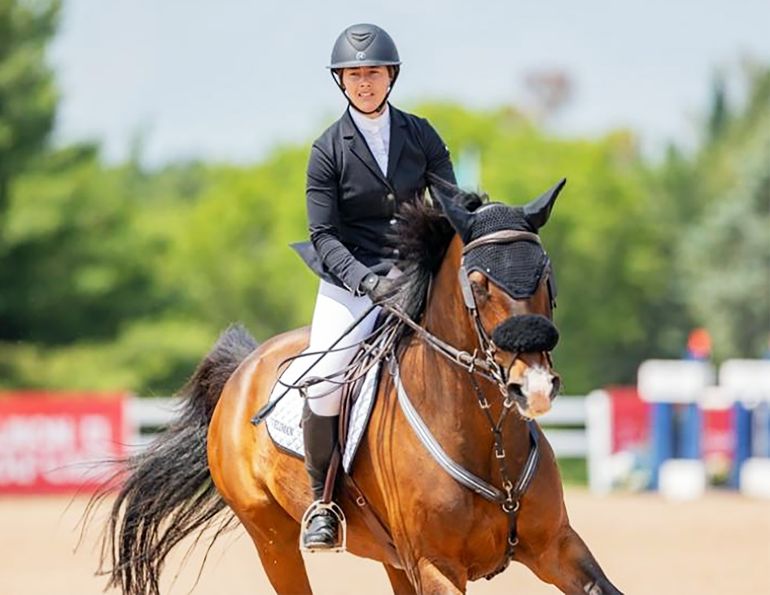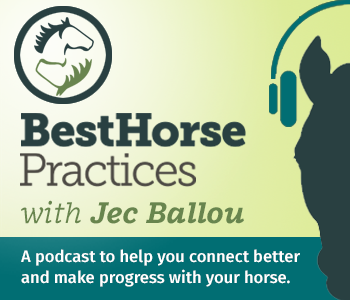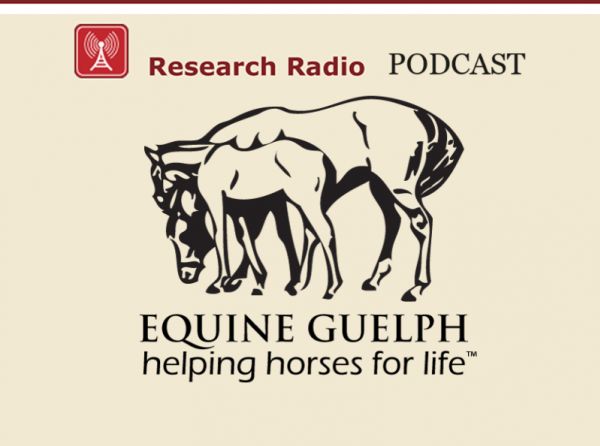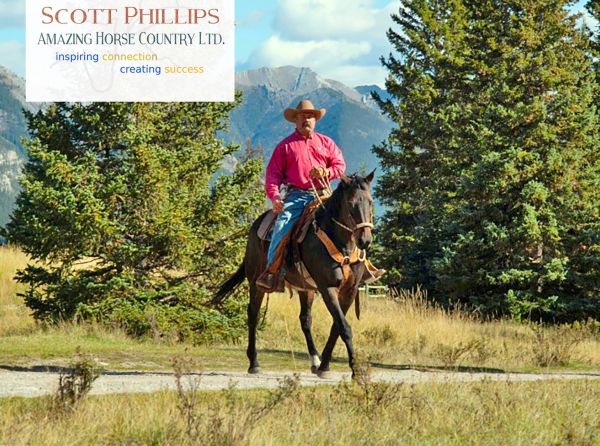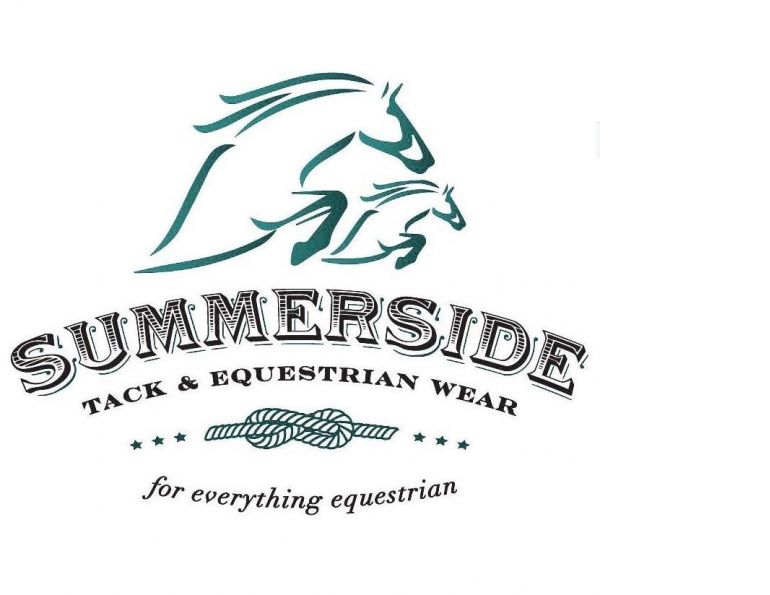By April Clay, M.Ed., Registered Psychologist
What are mental traps? They are those little mental glitches you fall into again...and again. They rob you of your learning, pleasure, performance, and let’s face it, sometimes what feels like your sanity. There are likely as many mental traps out there as there are riders. Here are some common traps and deep trenches that can lead you off your game.
#1: Keeping Your Eye (too firmly) on the Prize
Symptoms: With this affliction, you find yourself spending a lot of time thinking about ribbons and championships. You desperately want to attain the status of an accomplished winning rider. You’ve likely been told that great riders think about winning and nothing else. So you decide to keep winning on the brain at all costs. You carefully monitor your points at shows, and make sure you compare your progress with other riders. The problem ensues when too much of your focus and energy goes into this tracking, when it should be on your ride. Even worse, you find your frustration levels rising, and emotions interfering, the more you see your accomplishments not quite stacking up the way you would like.
Prescription: Get your focus back on the elements of an effective ride. These are elements that you can control (your pace, body position etc.) Have faith that the winning part will look after itself if you can keep your mind on your tasks. Every time you find your mind wandering into evaluations of how you are doing, bring it back to what you are doing. One effective way to do this is to use cue words that help link you to your current focus, words like: pace, position and feel.
#2: Rigid Thinking
Symptoms: Do you always come to the same conclusion when something goes wrong, or when you are unsure of the situation? Maybe you have a habit of calling yourself names, or blaming your horse. Many riders suffer recurring issues and fail to resolve them solely because of their thinking style. Their rigid thoughts do not allow for any alternate reasons for the problem at hand.
Prescription: Unlock your mind. The next time you run into one of those repeating problems, challenge yourself to think of three different explanations for what happened. For example, maybe you think your spooking horse problem is the result of your paranoid equine partner. So every time it occurs, you curse and correct him to no avail. Stop. Consider some other possibilities: freshness may be affecting his focus, your anxiety may be transmitting to your mount in certain situations, or your choice of corrective aids may not be right. Expanding your mind will help you take action and become a better problem solver.
#3: Playing the “What If” Game
Symptoms: If you have this tendency, you figure the more you account for ahead of time, the more trouble you can avoid. So if you think “what if” I fall off, lose my stirrup, miss the first distance, over-correct, forget my course, lose my pace... your mind can whirl around in this space for what seems like days. Your anxiety level goes up, and sure, maybe you do avoid a few mishaps, but at what cost? Usually, you end up missing important cues in the here and now — and stay focused on a future that seems very unfortunate.
Prescription: Practice thinking, “what is” and every time you feel the urge to predict the future, bring yourself back to the present and anchor yourself there. This way, you will be dealing with what is happening in the moment and lower your overall sense of anxiety and doom and gloom. Chanting “what is” to yourself as your mantra when you are tempted to think ahead can assist you in staying in the “here and now.”
#4: Trying Too Hard
Symptoms: There you are, determined, ultra focused... and white knuckled. So intent on getting the job done are you that nothing will stand in your way, except, of course, a whole lot of tension and heightened nerves. Consider the message you send yourself when you try too hard: “I don’t think it’s going to happen so I had better stay alert!”
Prescription: Stop trying. That’s right, sit back a little. An effective focus in any athletic endeavour is characterized by a relaxed mind, not a hyper vigilant one. There is power and strength in relaxation, as odd as it sounds. When your mind is still, it is better able to assess the situation you are in and act accordingly. Trying too hard usually means you are missing important cues as they unfold and this in turn harms your ability to respond to them effectively.
#5: Addicted to Punishment
Symptoms: Every time you make a mistake you get mad at yourself. Fair enough, but with this affliction you don’t know when to shut it off. You go on berating yourself mercilessly in the hope that with enough punishment, you will learn not to do it again. Bad you!
Prescription: Learn to move from mad to action. It is perfectly normal to be disappointed in yourself for making an error. Once you have recognized this, however, make a conscious decision to move on to some form of problem solving. Beating yourself up will only make you feel bad and lose confidence. It may also frustrate those around you, like your coach, and have you labeled as one with a “poor attitude.”
#6: Letting Your Emotions Run the Show
Symptoms: Whether you are sad, mad, feel physically ill or incredibly frustrated, you let it get the better of you. Others may comment how they see you “wearing your emotions.” They can always tell what is going on with you, and more than that, how it will come to affect your ride. That is because you let your emotions run the show. If you are happy, great, you will have a good day. But put any other feeling into the mix and you are knocked off track. What’s worse, you may really affect your partner. Your horse gets to feel everything you feel, and is none too happy about it.
Prescription: Start practicing the art of emotional control. There is a reason for the term “get your game face on” in sports. It’s about not revealing, and not succumbing to every change in your emotional state. Every emotion is a signal, or sign that something needs to change. Your job is to figure out what that is and make the alteration to your plan. At other times, when feelings of doubt or frustration arise because of a bad performance, then it’s time to put that game face on. In other words, to “act as if” you are confident and in control. This decision can help you stay focused on your job which, in turn, will help your horse stay tuned to your instructions, not your emotions.
#7: Needing vs. Wanting to Win
Symptoms: When you need to win, you place yourself in a very precarious place. Essentially you are saying to yourself, “I must win or it means I am not a good rider, or a good person.” You need to prove something to yourself, or to someone else. That’s a whole lot of pressure to put on your ride. It may feel as though you are literally competing for your life — not a good recipe for controlling your nerves and staying focused.
Prescription: Don’t compete for such high stakes. It’s okay to want to win. But if you don’t win, don’t make it mean something about who you are. Compete to have fun and to learn, to improve your skill and your strength of character. This way, every time you step into the ring you can look forward to another experience of growth. This kind of mind set will take conscious developing. You can change your existing approach to winning by deliberately checking your thoughts at the in-gate.
Mental traps can be tricky landmines, both off and on your horse. Get used to being aware of what tends to derail you. Make a list of your mental traps and know them well. If you become aware of your mental traps ahead of time, you give yourself the opportunity to step around them and not allow them to interfere with your ride.
To read more articles by April Clay on this site, click here.
Main photo: Robin Duncan Photography - A relaxed mind allows you to focus effectively on the task at hand. Instead of succumbing to your emotions, relax and focus on those elements of the ride you can control.




